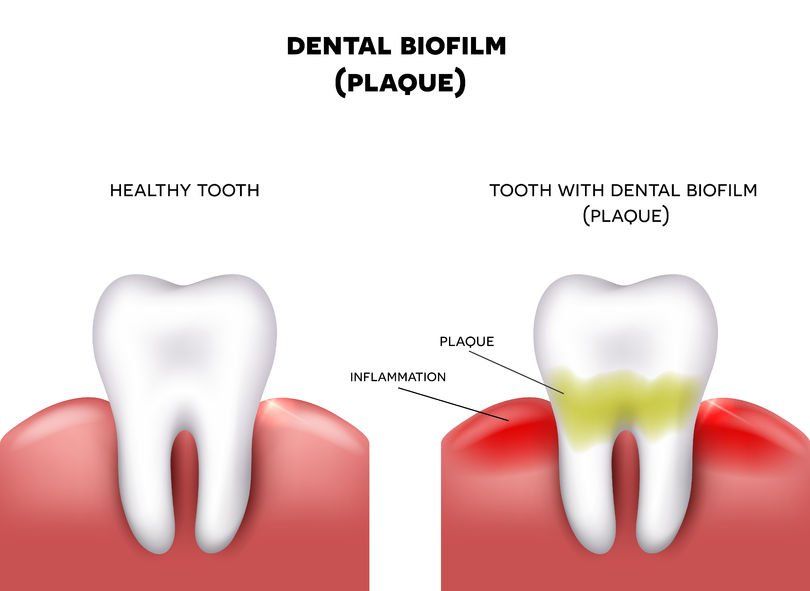Understanding Why Plaque Is So Bad for Your Health
- By Mary Marks
- •
- 21 Feb, 2019
- •

Plaque and gingivitis go hand in hand, and are two of the most prevalent and problematic issues that dentists would warn you against. Anyone who has excess plaque is at risk to develop gum disease, and if you don’t take proper care of your teeth, the health complications involved can be even greater.
Did you know that doctors would even warn patients with bad
teeth that dental plaque can lead to heart attacks? Although it seems like a
remote chance, there were cases when this was the case. Moreover, researchers
have found links between plaque and the presence of bacteria in the mouth and a
host of other seemingly unlikely disorders. These include dementia, diabetes,
rheumatoid arthritis and even premature birth. Talk with a sedation dentist athttp://www.coloradosedation.comto see how you can make the deep cleaning process an easy one.
Of course, not all links are the same, and the fact that there is a link between plaque and these diseases doesn’t mean that you’ll definitely get them. However, as any dentist would tell you, the presence of plaque and the onset of gingivitis can lead to all sorts of health-related complications – especially less powerful ones that most people make the mistake of ignoring until they turn into the worst kinds of health disorders.
A paper published by the American Journal of Cardiolog yabout ten years ago has even warned doctors about the fact that patients who have bad teeth might also suffer from poor heart health and might be at a greater risk of developing heart disease. While this isn’t always the case, it’s important to always be vigilant and keep your teeth as clean and healthy as possible.





Although oral sedation dentistry Highlands Ranch is one of the optionsavailable for managing anxiety and discomfort during oral surgery, you certainly do not need to use it all the time. As a matter of fact, the exact type of sedation or anesthesia that you receive during oral procedures may depend on various factors, such as the complexity of the procedure, your medical problems, as well as your doctor’s preferences.
There can be several different levels of sedation that can be used in oral surgery. Local anesthesia is one of them. This involves injecting anesthetic medication into the specific area where the surgery will take place. It numbs the area and is often used for less invasive procedures.
Oral sedation involves taking medication in the form of a pill to induce a state of relaxation and drowsiness. The patient is still conscious, but he/she may not be fully aware of the procedure. At any rate, sedation helps him/her get rid of anxiety.
In the case of intravenous sedation, medication is administered through a vein, which induces a deeper state of sedation than oral sedation. Patients may still be conscious, but they are less aware of their surroundings and may not remember the procedure.





